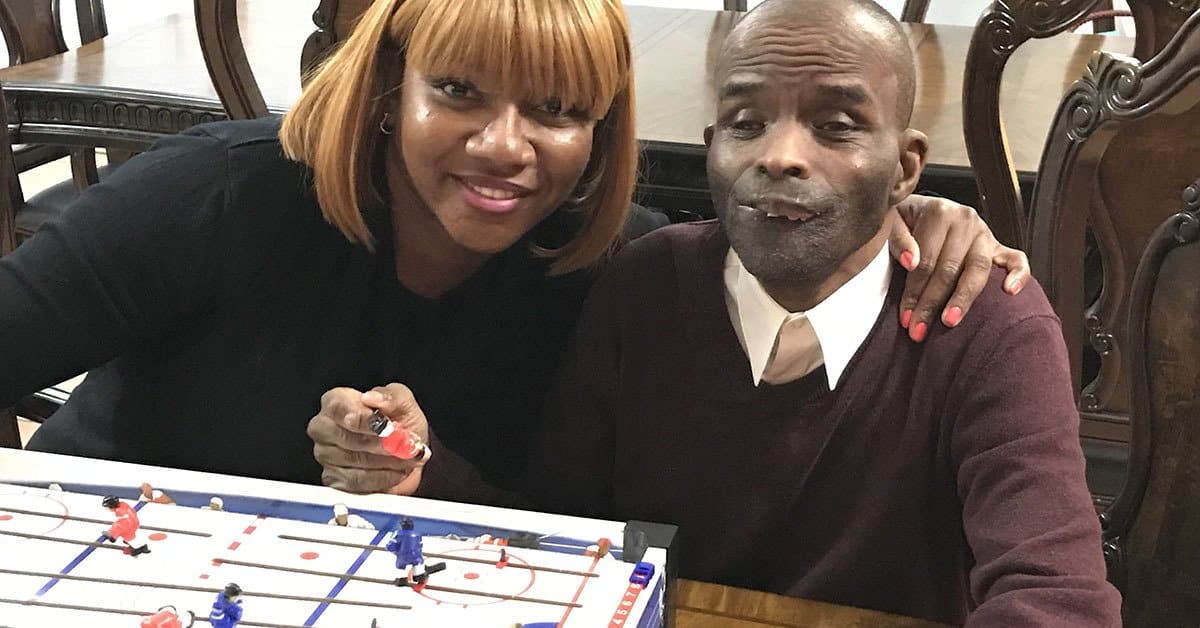Inclusion within a society starts by acknowledging that everyone receives the same opportunities to engage in activities and participate in all aspects of life, regardless of ethnicity and color. Disability inclusion requires the understanding that individuals with I/DD are equally entitled to participate to the best of their abilities without prejudice. And yet, it remains a struggle for people of color and marginalized ethnicities with I/DD due to an ongoing history of racial discrimination.
Early Diagnosis Challenges
Undiagnosed children with I/DD can face racism in early childhood, as they struggle to fit in, and parents may have initial denial of their children’s symptoms. Many families also face challenges getting their child tested and accurately diagnosed. It is not uncommon for families to endure multiple medical appointments and visits with social service agencies to receive a proper prognosis finally. This delay causes stress for the entire family, as they then start to wade through the many different services available.
Discrimination and Criminal Behavior
African Americans and other ethnically marginalized young people with I/DD experience a higher prosecution rate than others without I/DD for behavior-related offenses that are a manifestation of their disability. Behaviors can be misinterpreted by police and school officials, and discrimination can start a lifelong cycle of questionable behavior. Individuals with I/DD who commit crimes can be influenced by their environmental influences, personal experiences, and individual differences, likely demonstrating a lack of support systems in place, a lack of inclusion within their community, and a need for broader understanding of the unique challenges they face.
Promoting Diversity
Disability is a part of diversity, like ethnicity, gender, and age. Individuals with I/DD have unique skill sets that are beneficial to society and share the right to inclusion in all aspects of society, including the workforce. Fostering a culture of diversity that highlights the strengths and attributes of those with I/DD will help to reduce racism and ethnic inequality. A few ways to achieve this goal include the following:
- Advanced training about I/DD within the public service sector, i.e., schools and police forces
- Additional ethnic representation when it comes to clinical service providers, such as counselors or physical therapists
- Increased inclusion in learning within all levels of education for those with I/DD
- Skills training that provides more opportunities in the workforce for individuals with I/DD
- Increased funding for non-profit organizations that work directly with individuals with I/DD
Promotion of disability inclusion is ongoing as more conversations about race and disability are helping to motivate social service streams to understand the challenges facing those with I/DD, especially marginalized ethnicities and people of color.
The AAI/DD published a special issue of their journal Inclusion in September 2021, examining current and future research and findings that support inclusion and equity for racially and ethnically diverse populations with I/DD in society.
This type of support is critical, and organizations such as the Independent Living Association, remain committed to fostering diversification within their supportive environment.

































































